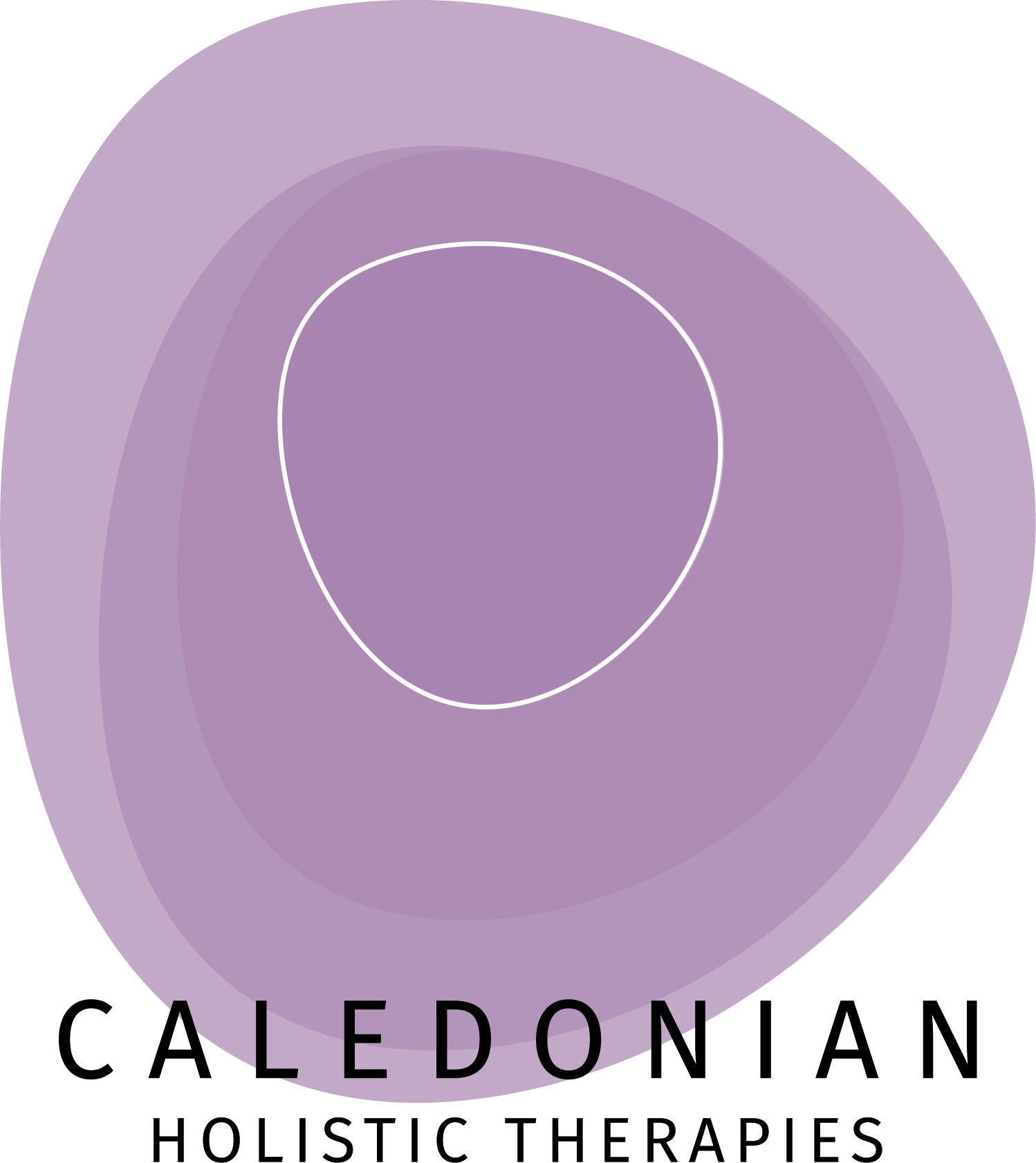
Massage Treatment & Therapy FAQs
Here are the questions most asked about massage and therapy. Please don’t hesitate to get in touch if you have any other questions.
Will Massage Hurt?
It's a myth that massage must be painful to be effective. Pain during a massage isn't a sign that the massage is helping, and can cause muscles to tense up, making it harder for me to ease tense areas. Certain techniques, like trigger point therapy, usually cause soreness. Correcting a soft tissue problem, such as adhesions, can also cause some discomfort. However, if you don't have a soft tissue condition, a massage shouldn't cause soreness or pain.
Talking to me is key to a massage that meets your needs. If you have an injury or chronically tight or painful areas, let me know before the start of the session. If the pressure is too intense, tell me immediately so I can adapt.
How Much Clothing Should I Remove?
This depends on the area being worked.
Indian head massage is completed fully clothed.
For all massage the parts that aren't being worked on will be covered up for 2 reasons
to keep you warm
protect your decency!
If you feel cold at any point please let me know and I can add extra towels or blankets!
Upper Back, Neck, Shoulder for women:
You will usually be asked to remove all top half clothing (except underwear) and lie face down on the couch (initially),I will leave the room to allow you to undress in private, and a large towel will be provided so you can cover yourself. I may need to unhook your bra whilst you are on the couch, but will always ask for your permission beforehand. A Sports Bra without a back fastening will need to be removed beforehand for an effective massage.
Upper Back, Neck, Shoulder for men:
You will usually be asked to remove your shirt / t-shirt.
Lower back and/or leg massages for men and women:
If you have booked a lower limb Sports/Deep Tissue Massage then please remove lower half clothing, but KEEP your underwear on. I will leave the room whilst you get changed, you will be given a large towel to cover yourself with and asked to lie down on the couch (before I re-enter the room).

Physiotherapy Treatment FAQs
Here are the questions most asked about physiotherapy. Please don’t hesitate to get in touch if you have any other questions.
Who benefits from physiotherapy?
Physiotherapy treatment can help people of all ages to relieve pain and restore normal movement, allowing the body to function more efficiently.
What conditions can be treated?
Physiotherapists can treat almost all conditions which cause pain, weakness, stiffness and / or loss of movement.
What can I expect when I receive treatment?
Following a thorough assessment, I provide you with a diagnosis of your condition; an individual treatment plan with approximate duration; and likely outcome. I discuss every stage with you. The treatment will be monitored and if necessary adjusted, to ensure that agreed and realistic outcomes can be achieved.
What should I wear?
I advise you wear comfortable, loose-fitting clothing. Bear in mind I will need to visually assess you regarding posture and movement and will possibly need to move various areas of the body, thus these areas will need to be visible and accessible. Additionally, when the treatments involve mobilisation, acupuncture, or massage the site of injury will need to be exposed.
How many treatments will I need?
I do not have a set number of treatments for any condition – everyone is an individual. Following your first appointment I will discuss the anticipated number of treatments. You will be reassessed on each visit and if progress plateaus or if no improvement seems apparent then your treatment will be altered accordingly, or you may be referred onward to a different professional.
Will treatment hurt?
On some occasions there can be discomfort. I will provide you with an overview of what to expect prior, during, and following treatment and what reaction is expected from the treatment that is being given. Please do let me know immediately, if they have any concerns about the treatment.
Will I be expected to do anything in between treatments?
I will work with you to ensure your recovery is optimal and to minimise the chances of any relapse. Therefore, you will be given lots of things to think about and do during the week. Most people are given an exercise programme to be completed between appointments. What you do between treatments is just as important as your treatment.
Is physiotherapy treatment appropriate for back and neck problems?
Chartered Physiotherapists are qualified to treat all spinal problems. In fact, a large percentage of their workload consists of neck and back problems.
How do I know if a physiotherapist is fully qualified?
I am a Chartered Physiotherapists have undergone the required training and passed the necessary exams to enable them to practice and continue my education with regular courses. You can look up my registration on the Health and Care Professionals (HCPC) website. I am also a full qualified acupuncturists registered with the acupuncture association of chartered physiotherapy (AACP)
